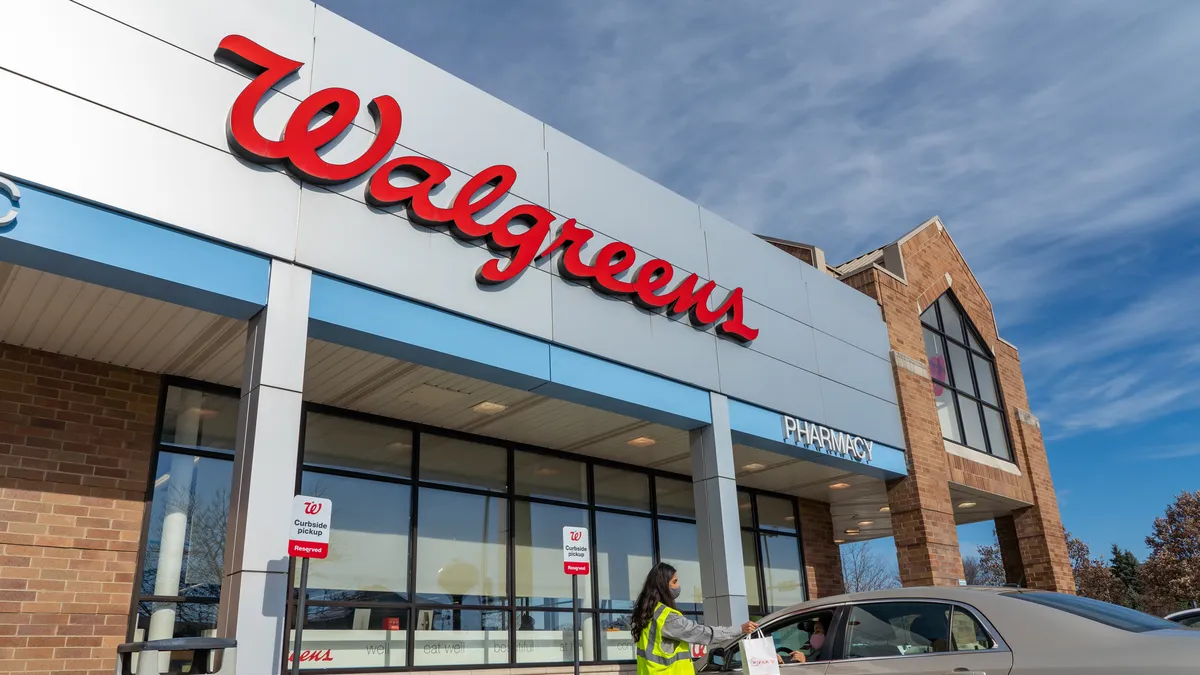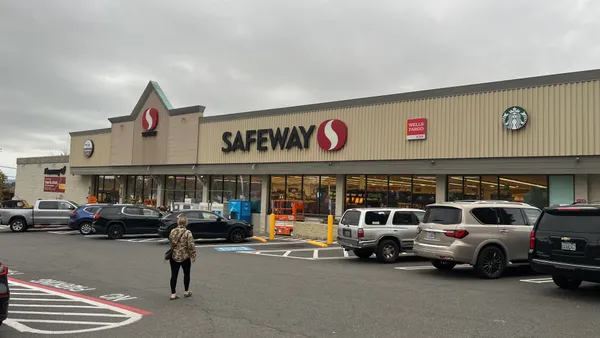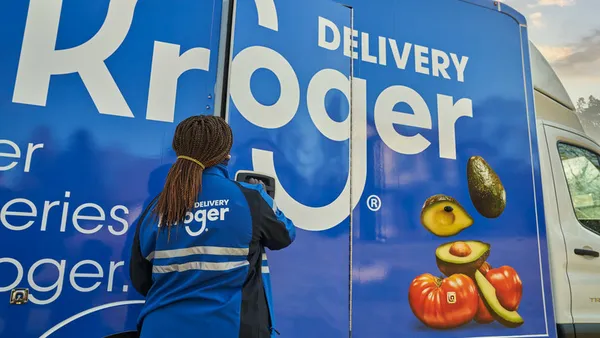Dive Brief:
- Walgreens plans to open a $30 million micro-fulfillment center (MFC) in the Kansas City, Missouri, region next year as the company steps up its investments in MFCs, according to a press release on Tuesday.
- The pharmacy store chain already operates two MFCs in Phoenix and Dallas that incorporate automation technology. In addition to the more than 65,000-square-foot facility planned in Liberty, Missouri, eight more facilities are set to open across the U.S. by the end of 2022, supporting nearly 4,000 company pharmacies.
- Walgreens is ramping up focus on e-commerce with pharmacy and drug store operations as competitor CVS rapidly expands its digital presence.
Dive Insight:
The MFC announcement is part of Walgreens’ larger move to invest in the future of pharmacy fulfillment, and comes as rival companies like Amazon Pharmacy are pressuring its online business.
"These fulfillment centers are dedicated to fulfilling retail prescription orders and play an important role in our effort to create the pharmacy of the future, one that further enables our store pharmacy teams to spend more of their time providing front-line patient care,” Walgreens said in the press release.
Planned to open next fall, the MFC in Liberty, Missouri, is expected to increase the speed of product delivery to its stores, customers’ residences and pickup lockers, Walgreens said.
By the end of fiscal year 2022, Walgreens plans to have 11 MFCs serving around 3,900 pharmacies. By 2024, the company aims to have 22 facilities serving 8,500 pharmacies, President John Standley said during an earnings call in October.
The two facilities already up and running are operated by iA, a pharmaceutical fulfillment technology company that Walgreens acquired a majority stake in back in January. They rely on automation and robotics technology, with one facility that's comparable in size to the Liberty MFC able to fill 50,000 prescriptions a day.
In addition to the MFCs, Walgreens is also building a pharmacy dispensing platform to make it easier for pharmacists to fulfill prescriptions, manage inventory and provide more clinical interactions, Standley said.
Other retailers like Albertsons, Walmart and Kroger are turning to MFCs to handle higher order volumes and boost profitability. Competitor CVS is also adjusting to the new realities of online pharmacy, announcing last week that it plans to close 900 stores over the next three years and move forward with a focus on three store models.












